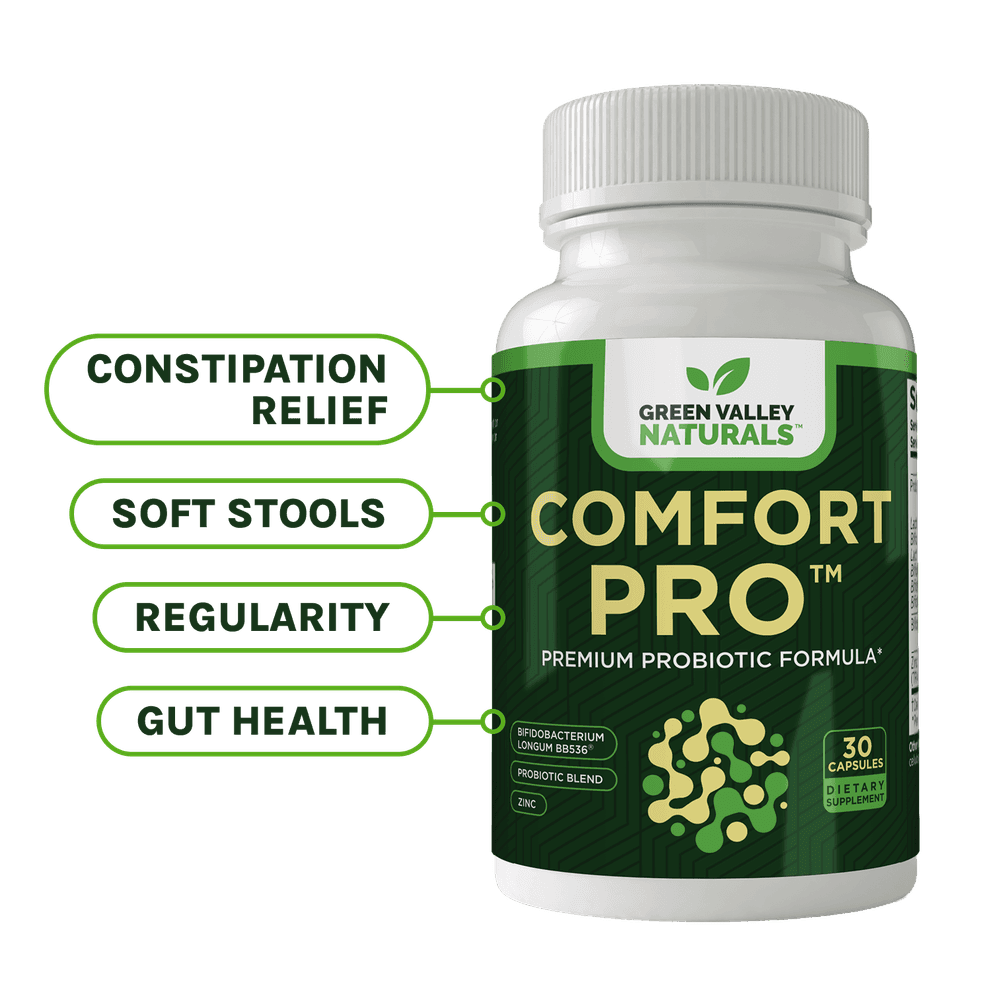
What if the key to better health has been hiding in plain sight, tucked away in your spice rack? Used for centuries in ancient medical traditions from Egypt to China, this warming spice has long been revered for its healing properties. Yet, its most powerful benefit remained overlooked until a groundbreaking scientific discovery changed everything. Could something as ordinary as this spice hold the secret to controlling blood sugar and improving heart health—all while adding a touch of flavor to your favorite treats?
Key Takeaways
-
Cinnamon has powerful anti-inflammatory and anti-bacterial properties, but its most significant health benefit is its ability to regulate blood sugar and improve cardiovascular health.
-
Scientific studies show that consuming cinnamon can significantly lower fasting blood glucose, cholesterol, and triglycerides in individuals with type 2 diabetes.
-
While adding cinnamon to food is beneficial, experts recommend cinnamon extract supplements to maximize its effects while avoiding potential irritation from volatile oils.
This Common Spice Could Be the Key to Lowering Your Blood Sugar
Highly prized for thousands of years, this warming spice was listed in the medical texts of India, China, Egypt, and Greece as far back as 2700 BC.
It was taken to treat fever, menstrual problems, digestive, respiratory, and circulatory disorders, and arthritis.
Perhaps most Americans know cinnamon best as an ingredient in apple pie or mulled cider, but people who are well-informed about natural health prize this spice for a more important benefit: its anti-inflammatory and anti-bacterial properties, and most of all for its ability to prevent and control diabetes and improve cardiovascular health.
Health benefits were discovered by accident
Dr. Richard Anderson has worked for the U.S. Department of Agriculture for more than forty years. He specializes in finding natural products that improve insulin function and help prevent diabetes.
In 1990, he and his team researched chromium, a mineral now known to be effective in blood sugar control. In one study, volunteers were fed a low-chromium diet that included apple pie.
When the researchers analyzed the foods that helped insulin work more effectively, they were surprised to find that dessert topped the list!
First, they assumed the benefits must come from the apples, but they tested them and found they did nothing. Then they tested everything else the volunteers were eating -- but to no avail.
The only substance left to test was cinnamon. The pie contained so little that it seemed an unlikely candidate. But when tested, the researchers were surprised to find that cinnamon had powerful blood sugar benefits.
Dr. Anderson states, "The effects that we saw with cinnamon were greater than anything we had seen in the previous three decades."
I think it’s remarkable that a tiny amount of cinnamon in a piece of apple pie could reduce people’s blood sugar. It turned out Dr. Anderson had stumbled on one of the most important blood sugar discoveries in history.
Further studies confirm benefits for diabetes and heart health
Dr. Anderson's group tested cinnamon in a human trial involving 30 men and 30 women diagnosed with type 2 diabetes.
They were divided into six groups and took either one, three, or six-gram capsules of cinnamon or a placebo for 40 days. At the end of this period, the investigators measured their glucose, triglyceride, fat, and cholesterol levels.
They found that in the cinnamon group, fasting serum glucose fell by 18-29%, triglycerides by 23-30%, LDL (bad) cholesterol by 7-27%, and total cholesterol by 12-26%. There were no significant changes in the placebo group.
Allow me to editorialize a bit: These results are amazing.
Other researchers have also conducted human studies. One of these was Dr. Paul Crawford at the Mike O'Callaghan Federal Hospital in Las Vegas.
He enrolled 109 type 2 diabetic patients with HbA1C test results greater than seven percent. This is a diagnostic tool for blood sugar levels. A normal value is below six percent. Those with diabetes have levels of 6.5% or above.
Patients either underwent standard conventional treatments or, in addition, took a one-gram cinnamon capsule each day for 90 days. At the end of this period, the cinnamon group experienced a fall of 0.83% in their HbA1C compared with a decline of only 0.37% in the “standard of care” group.
A fall of 0.83% can lower the risk of blood vessel, kidney, and eye diseases associated with diabetes by 15 to 30%.
In another human study, Dr. Rajadurai Akilen and colleagues from Thames Valley University, London, found a significant fall in fasting blood glucose and HbA1C in those taking two grams of cinnamon daily for 12 weeks, as well as a significant drop in blood pressure, body mass index, and waist circumference.
The right way to take cinnamon
Sprinkling a small amount of cinnamon on your dessert periodically is fine, according to Dr. Anderson. You can certainly enjoy it this way. However, taking more generous amounts of cinnamon every day by mouth may pose a problem and even cause harm, he says.
That's because there's a protein made by the salivary glands that binds with some of the active components in cinnamon to limit its effect. Also, cinnamon contains volatile oils that are irritants and can trigger allergic reactions in some people.
For these reasons, Dr. Anderson recommends taking supplements containing cinnamon extract. These bypass the salivary glands and are free of irritating oils. In this way, you get all the benefits of this spice without the drawbacks of the whole plant.
He says, "I get calls oftentimes from people who have been diagnosed [with type 2 diabetes]. They start taking the cinnamon and they never end up taking the drugs. I would say, give cinnamon a chance."
While cinnamon is a powerful natural remedy, it's not the only spice with blood sugar-regulating properties. Other spices and herbs, such as turmeric, ginger, and chamomile, have also been shown to support healthy glucose levels and overall metabolic health.
Summary
Cinnamon, a spice cherished for thousands of years, has been revealed as a powerful tool in managing diabetes and improving heart health. Originally discovered by accident in a study on insulin function, cinnamon has been shown to significantly lower blood glucose, cholesterol, and triglycerides in individuals with type 2 diabetes. Researchers have conducted multiple studies confirming its benefits, with results suggesting that regular consumption can reduce diabetes-related complications. However, while sprinkling cinnamon on food has some advantages, experts recommend cinnamon extract supplements for optimal results. This ancient remedy continues to surprise modern medicine, proving that nature often holds the best solutions. If you're diabetic and regularly monitor your blood sugar, you might one day be able to avoid those pesky finger sticks.
Frequently Asked Questions
How does cinnamon help regulate blood sugar?
Cinnamon improves insulin sensitivity, helping the body process glucose more effectively and lowering blood sugar levels.
Can cinnamon really replace diabetes medication?
While some individuals have seen significant benefits, it’s essential to consult a doctor before replacing prescribed medication with cinnamon supplements.
How much cinnamon should I consume daily for health benefits?
Studies suggest that doses between 1-6 grams per day can be beneficial, but cinnamon extract supplements are recommended to avoid potential irritation from whole cinnamon.
Are there any side effects of consuming too much cinnamon?
Yes, excessive consumption can cause liver toxicity, allergic reactions, or digestive discomfort due to its volatile oils.
What type of cinnamon is best for health benefits?
Ceylon cinnamon, also known as “true cinnamon,” is preferred over Cassia cinnamon as it contains lower levels of coumarin, a compound that can be harmful in large amounts.
- Gruenwald, J., Freder, J., & Armbruester, N. (2010). Cinnamon and health. Critical reviews in food science and nutrition, 50(9), 822–834
- Khan, A., Safdar, M., Ali Khan, M. M., Khattak, K. N., & Anderson, R. A. (2003). Cinnamon improves glucose and lipids of people with type 2 diabetes. Diabetes care, 26(12), 3215–3218.

